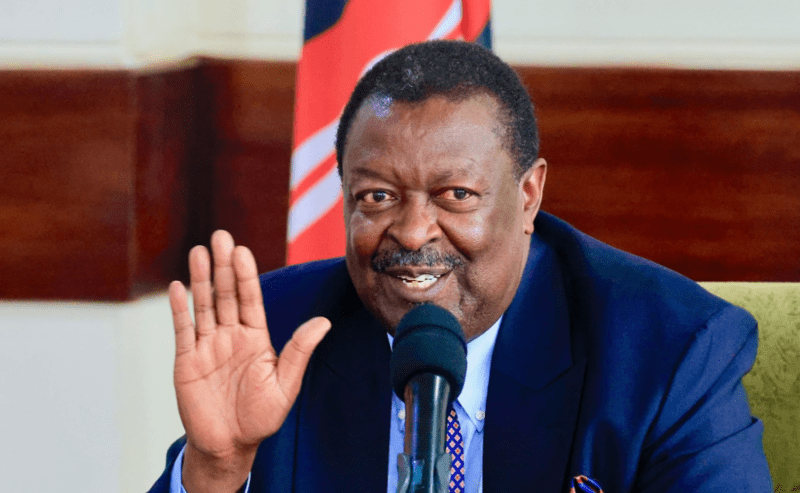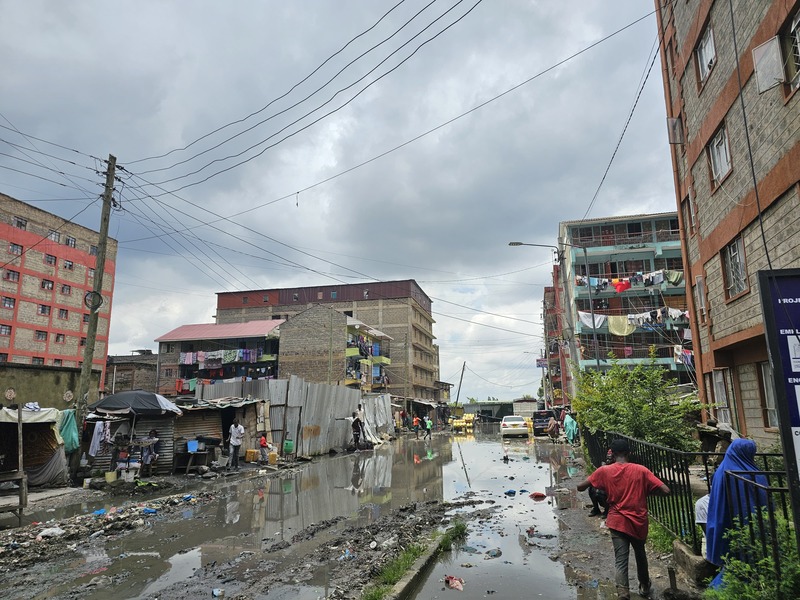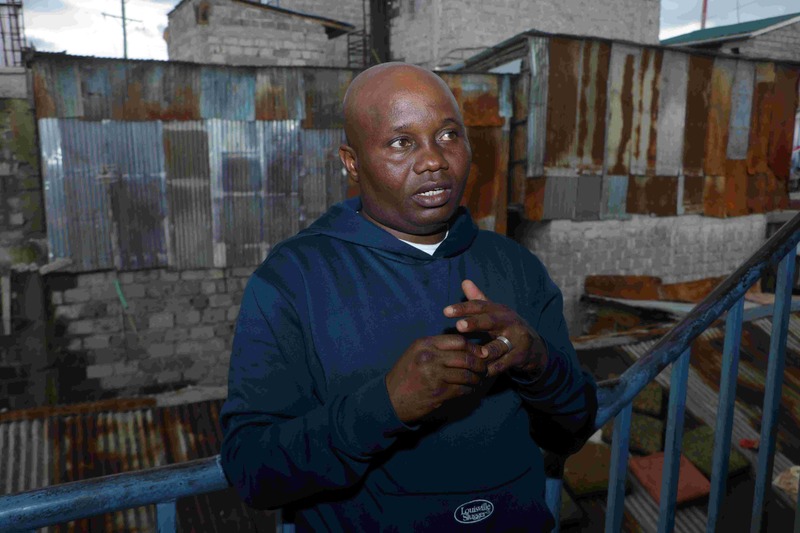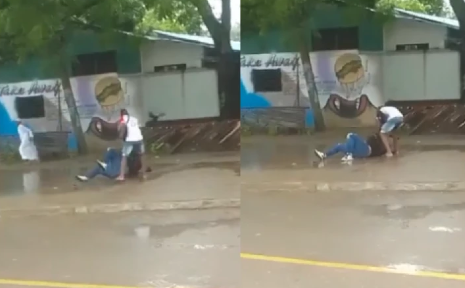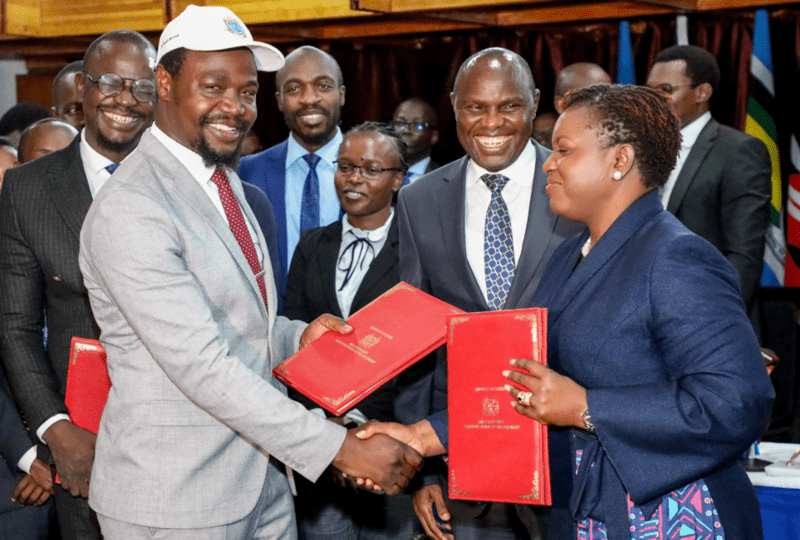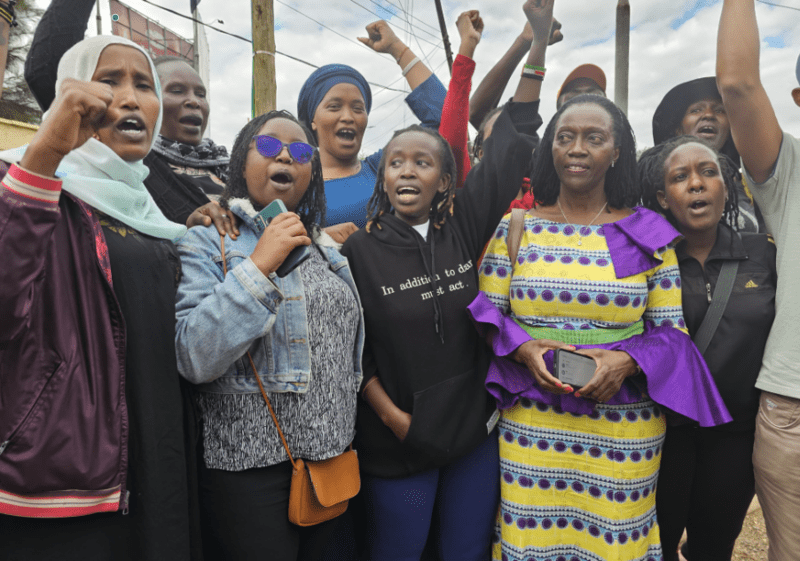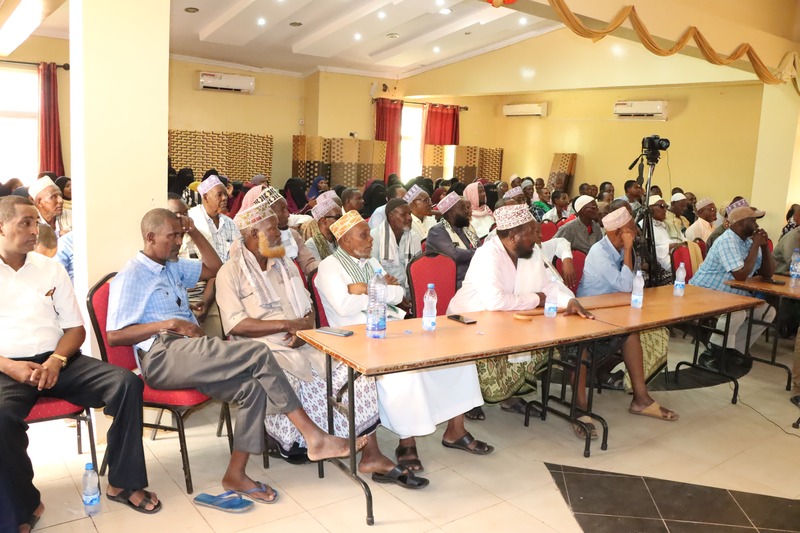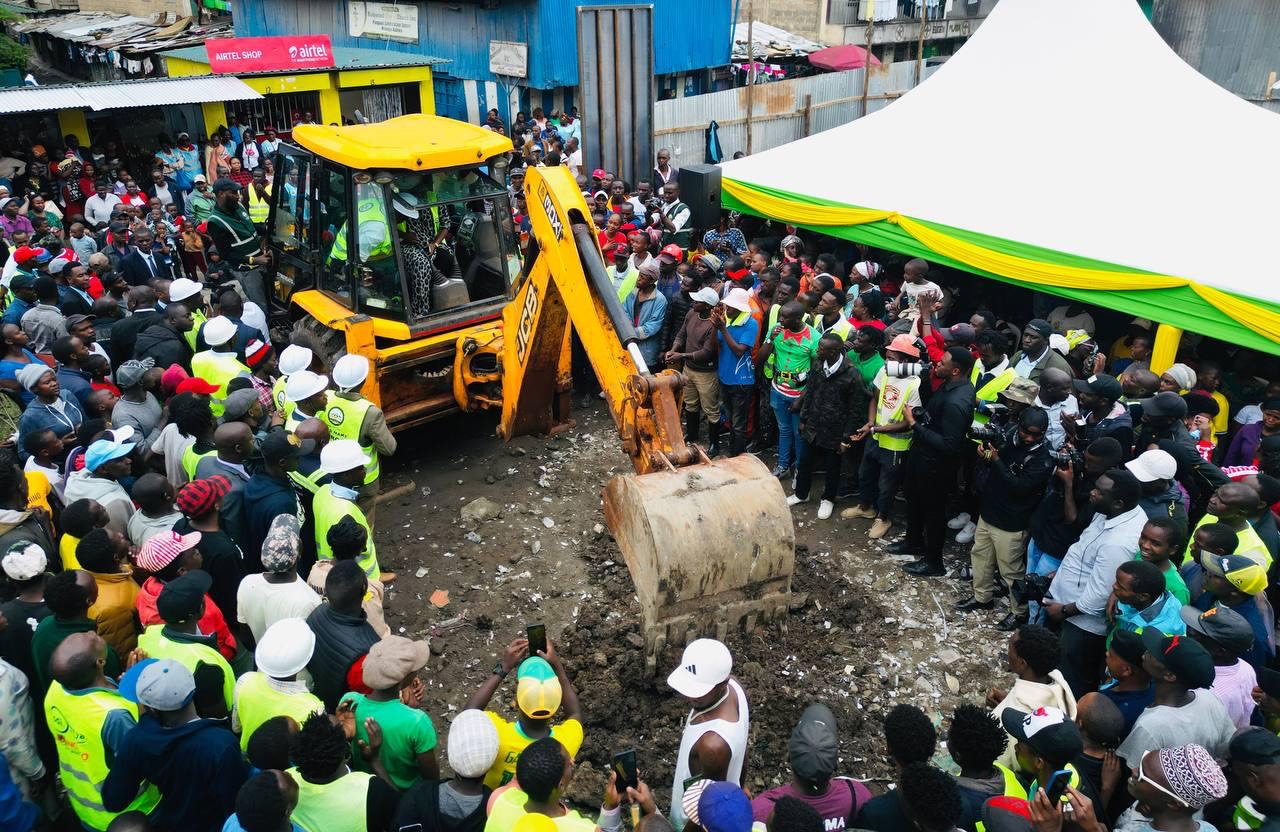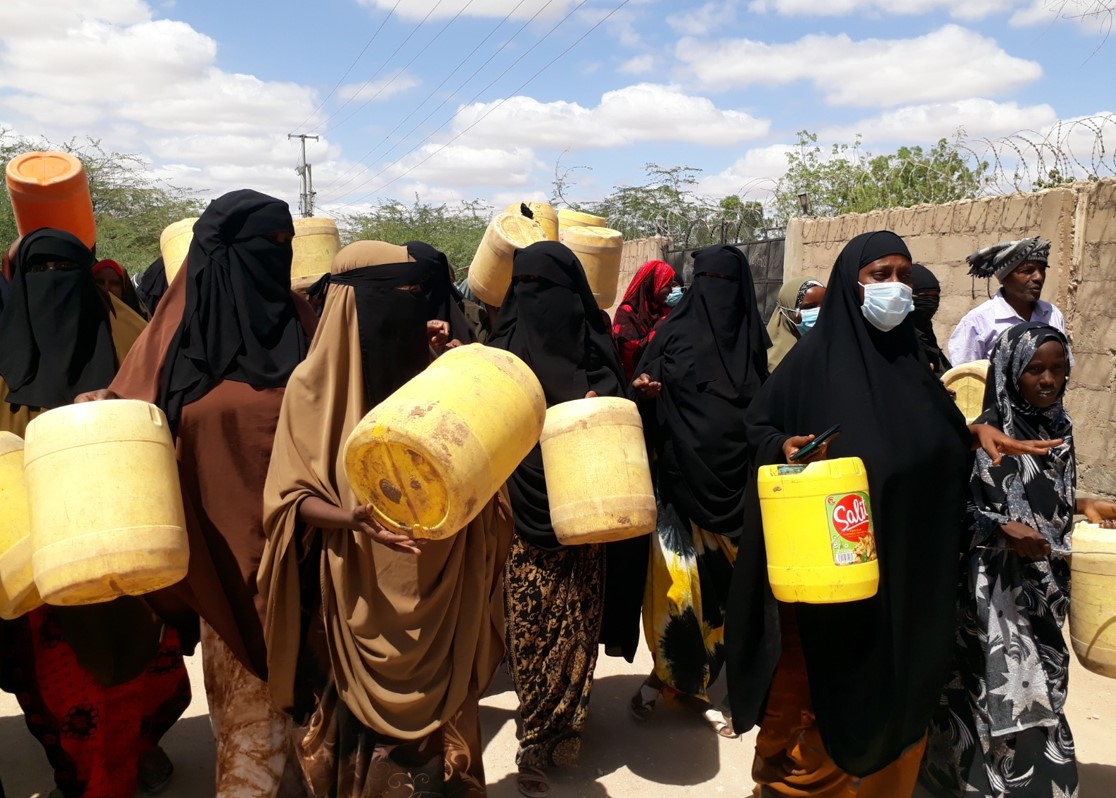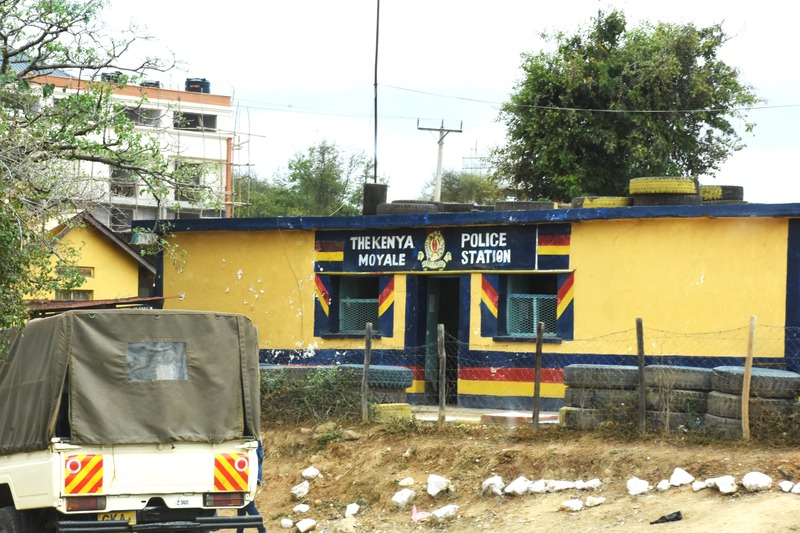Government calls for surveillance as floods kill 70 people
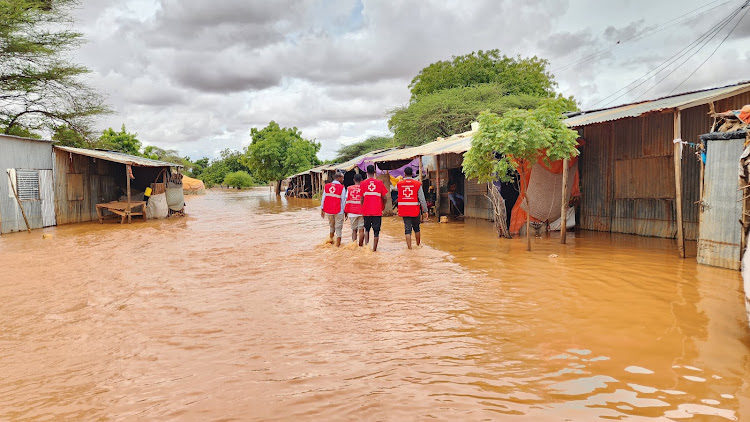
By Barack Oduor |
The total number of people affected countrywide now rests at 131,179 with Nairobi leading with the highest number of people displaced and affected at 16,908 and 98,790 respectively.
The ongoing countrywide heavy rains have claimed 70 lives and left 24,102 households displaced, the government has announced.
Deputy President Rigathi Gachagua on Friday afternoon chaired an emergency meeting of all the key stakeholders in the response to the ongoing flooding across the country to find a solution to averting continued loss of lives, destruction of properties and displacement.
Keep reading
Gachagua noted that there was an indication that most parts of the country would receive rainfall of 100mm upwards into May and that it could only drop in the second week of May.
"There is a need for counties to prioritize emergency efforts as water levels in most dams have reached overflow levels," said Gachagua.
Officials who attended the meeting included Principal Secretaries, Chief Executive Officers of state agencies, Development partners and representatives of the Private Sector.
A presentation from the Kenya Meteorological Department to the meeting indicated that the rains are not about to stop in many parts of the country.
Among the findings presented to the meeting include the revelation that 22 people have been badly injured while 8 people are missing as a result of the prolonged deluge.
The total number of people affected countrywide now rests at 131,179 with Nairobi leading with the highest number of people displaced and affected at 16,908 and 98,790 respectively.
Saving lives and livelihoods is a priority as our country continues to receive enhanced rains.
— H.E. Rigathi Gachagua, EGH (@rigathi) April 26, 2024
This afternoon, I chaired the National Disaster Response Technical Committee in Karen as part of our strategy of consolidating and strengthening mitigation measures. pic.twitter.com/M6vGYZijTD
Gachagua noted that the food and non-food items distribution had been conducted in seven counties: Busia, Homa Bay, Kisumu, Kiambu, Machakos, Nairobi and Nyandarua counties.
"The State Department had exhausted all supplies and identified an urgent need to support 32 counties to distribute rice, beans, cooking oil, fortified fruit, maize, transport and logistics, non-food items- iron sheets and blankets," he explained.
To avert outbreaks of waterborne diseases, the government is too heightening surveillance on waterborne diseases, respiratory illnesses, and procurement of pharmaceutical commodities to worst hit counties. It also promises to monitor isolated cases of marooned hospitals and the need for the distribution of water treatment chemicals.
"We have noted the availability of funds to cater for street families and identified the need to identify suitable areas to be used to host the street families," he explained.
To mitigate flooding in urban centres, Gachagua noted that the State Department had prioritized clearing of blocked drainages, removal of obstacles i.e. fallen trees and repair of swept away sections across the country.
To adequately tackle the problems brought by flooding, Sh3,395,000,000 million has been proposed for initial emergency response to organise food assistance to affected families, water treatment, emergency housing solutions, procurement and distribution of mosquito nets, purchasing essential medical commodities for hard-hit areas and repair of critical infrastructure.





